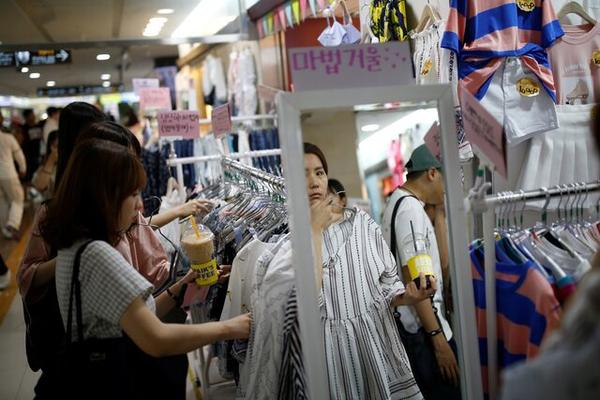Impact of Exchange Rate and Oil Prices on Import Costs
In December, the won-dollar exchange rate experienced a significant surge, largely influenced by martial law and the political turmoil surrounding President Yoon Suk Yeol's impeachment. This surge has led to a 2.4% increase in import prices, marking the third consecutive month of rise. Such a trend poses a potential threat to domestic consumer prices in the near future.

The Bank of Korea (BOK) reported that the import price index, based on the Korean won, saw its highest increase in eight months. This rise is attributed to a combination of a strong dollar and heightened domestic political uncertainty, alongside a 0.9% increase in the average monthly price of Dubai crude oil.
Detailed Analysis of Import Price Increases
Among the various categories, raw materials saw a 3% increase, while intermediate goods, particularly primary metal products, climbed by 2.2%. Capital and consumer goods also experienced a 2.1% rise each. Specific items like coffee, crude oil, and iron ore saw notable price hikes, with coffee prices surging by 9.7% due to weather-related crop issues in Brazil and Vietnam.
Future Outlook and Concerns
Looking ahead, January's import prices are expected to continue their upward trajectory, driven by the ongoing rise in the dollar and international oil prices. This situation could lead to increased procurement costs for imported goods, potentially exerting upward pressure on consumer prices after a time lag.
Export Prices Also on the Rise
Export prices followed a similar trend, with a 2.4% increase in December. Agricultural, forestry, and fishery products, along with manufactured goods, saw significant rises. This overall increase in both import and export prices indicates a reversal from the annual declines observed in 2023.









Comments